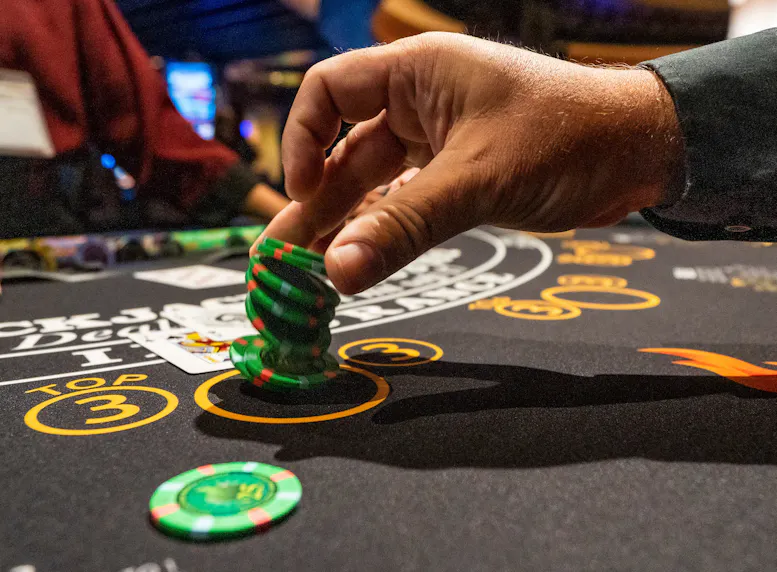Washington, D.C., Budget Would Allow Blackjack and Poker

Last updated: June 3, 2025 8:41 AM EDT • 2 min read X Social Google News Link

Washington, D.C., may be poised to move beyond sports betting. Mayor Muriel Bowser's administration has proposed a budget plan that suggests consideration of poker and blackjack. The fiscal year 2026 plan includes a provision called the Poker and Blackjack Gaming Authorization Act of 2025. It reads as a first effort to seek regulated card games in the District.
Rather than outright legalizing these forms of gambling, however, the bill would authorize a formal study on the regulatory and economic impacts of introducing poker and blackjack. D.C. officials describe the bill as a fact-finding measure, designed to ascertain how traditional casino-like games would fit into D.C.'s broader sports and entertainment economy, with sports gambling already active in the capital.
The suggestion is on the heels of growing fiscal strain on the city. With estimated revenue deficits and tight expenditure capacity, the government is turning to other sectors for potential relief. Accessing gaming potential is now being contemplated not merely as a matter of recreation, but as a likely tool of fiscal stability and local economic development.
Deputy Planning and Economic Development Mayor Nina Albert emphasized that the city has no intention of building stand-alone casinos. Rather, the push would be toward structured, regulated activities, such as poker games or blackjack tournaments, that can be integrated into existing hospitality hubs without fundamentally altering their nature. Bingo is also in the sights as part of the careful expansion. Operators are likely to offer bonuses similar to DC sportsbook promos.
A boon to tourism
The legislation proposes a two-year gaming license system that would be utilized by eligible businesses to apply for a $5,000 license. The system would bring new sources of revenue for restaurants, hotels, and entertainment venues, giving them a reason to provide gaming services that are beneficial to both tourists and residents.
While precise revenue projections remain to be done, officials believe the licensing model could be especially appealing to small- and mid-sized operators looking for diversification.
Even though there has been no final decision yet, the shift is a reversal of the District's position on regulated gaming. It is an indication of the growing popularity of investigating low-impact gambling structures as a component of local economic redevelopment and growth strategies in the U.S.
The next steps involve consulting with stakeholders, conducting feasibility studies, and further exploration of how blackjack and poker might be utilized to support local employment and business involvement without compromising the integrity of the city. If the measure is popular, D.C. could become one of the few big cities to offer regulated card games beyond a casino environment, although still short of becoming a gambling town.

Ziv Chen X social





